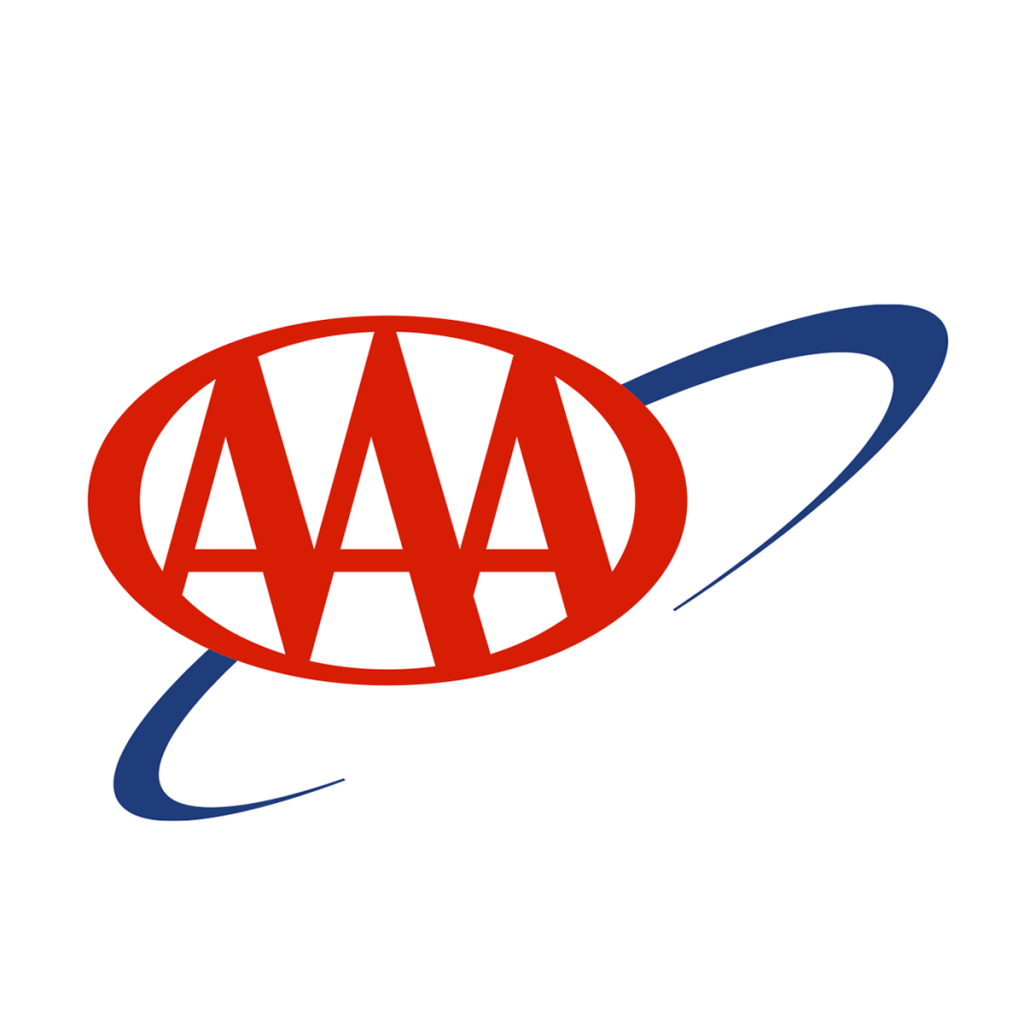Media release from AAA – The Auto Club Group:
Recognizing a deer before disaster strikes is the key to preventing a tragic encounter on the road. In Georgia, deer are involved in an estimated 50,000 crashes each year, making up nearly 14% of all vehicle collisions in the state, according to data from the University of Georgia researchers.
“Pay close attention to the speed limit and deer-crossing signs at dawn and dusk, when they’re most active,” said Montrae Waiters, AAA-The Auto Club Group spokeswoman. “Slow down if you see one crossing or standing beside the road. Deer can be highly unpredictable, and others are likely nearby because they often travel in herds.”
Reduce your chances of colliding with deer by following these tips—and learn what to do if a crash is unavoidable.
Motorists
- Scan the road—Look ahead while driving! This may seem obvious, but we often get caught up in our driving distractions and lose focus on what’s ahead. If you can spot a deer (or any other animal) ahead of time, it will give you time to react appropriately.
- Use high-beam headlights—This will help you spot a deer ahead of time. High beams help you spot animals’ reflective eyes and increase your overall field of vision.
- Be cautious at dawn and dusk – Dusk and dawn are peak times for deer-related auto crashes. Knowing when deer are most active can help prevent you from hitting a deer with a car.
- Always wear your seatbelt – According to the Insurance Information Institute, the chances of getting injured when hitting an animal are much higher if you don’t have on your seatbelt.
What if I can’t avoid hitting a deer?
- Don’t swerve. By far, one of the biggest mistakes you can make right before you hit a deer is swerving. Swerving can seem correct, but this can cause you to hit another vehicle or someone’s property. This situation changes your collision’s nature and can seriously injure you or another driver.
- Don’t speed up. Contrary to popular belief, speeding up before hitting a deer will not do you any favors. It can cause more damage to you and your vehicle.
- Apply the brakes. Hold onto your steering wheel, apply the brakes, and try your best to come to a complete stop as soon as you can. Braking is the safest way to hit a deer and will cause significantly less damage than the alternative.
What to do after hitting a deer:
- Move off the road. Moving off the road keeps other drivers and you safe. Turn your hazard lights on and move out of traffic. If your vehicle is inoperable, still try your best to get it in a secure spot.
- Report if the deer is on the road. Reporting the crash can help, especially if the injured deer is still on the roadway.
- Assess damage to vehicle. If you make a claim, you may want to snap a few pictures of the vehicle damage. It will help you and your insurance provider when processing the claim. Also, calling for help may be needed.
